Edmettle is a project I have been working on for a few months now to support our Learning Skills and Work Habits here in Ontario. There has been a lot of talk around gamification in my world as of late so I thought I would share an example method of gamifying your classroom using Edmettle.
Edmettle Overview:
met·tle – medl / noun
A person’s ability to cope well with difficulties or to face a demanding situation in a spirited and resilient way.
Edmettle is a feedback management tool with a positive reinforcement focus. As a teacher, you select the soft skills you wish to focus on with the class (initiative, collaboration, self-regulation, grit, etc.). Once your students have joined your class, begin by awarding them mettles each time they demonstrate a skill in a positive manner. Take the tour below:
Gamification:
Gamification is a means to embed elements of games into classroom activities. Methods include awarding points, mettles, or badges for type of behaviours and level of skill. While I like this method for positive reinforcement, I advise you to be weary of competition. As a teacher, be certain to award mettles to every student. As a class you can determine rewards – “levelling up”, pizza parties, etc based on individual goals or group goals.
What I like about Edmettle is the option for students to award mettle to themselves. This provides a space for kids to self reflect. Secondly, students can award teachers mettles too, making the classroom game that much more appealing. But it doesn’t stop with just your homeroom – you can add rotary teachers as well – even the Principal!
I should also mention alternatives to Edmettle like RedCritter and ClassDojo. Or perhaps you have older students and wish to use Open Badges. All great platforms with their own individual advantages.
One unique feature of Edmettle that stands out is the option to download the feedback per student as a .doc file making it a good choice for report card season, monthly award assemblies, or to communicate with parents. Now you have gamified your report cards – and given students a voice in writing the Learning Skills & Work Habits for themselves and each other. Parents have access to their child’s feedback using a unique code listed under the student’s account.
A few weeks ago I wrote about our Makerspace journey. Using tools like Edmettle or ClassDojo you can make anecdotal notes during these kinds of activities – in the moment. When we create environments where students feel they can fail safely and take risks, rich learning happens and awarding badges or mettles is a great way to create such an environment.
Encourage Risk Taking:
Begin by having conversations. I love to tell the Michael Jordan story about being cut from the high school basketball team – or the fact that Angry Birds was Rovio’s 52 app – Yes they failed 51 times prior and that should be celebrated. You want to build a culture and community without fear of judgement.
Demonstrate Risk taking:
Find something you are good at but are still working to improve. Explain how you continue to push through mistakes and reflect on them as opportunities for growth. Maybe you are learning the guitar but struggle with that one riff.
Fail in Front of Them:
Find something you aren’t so good at and give it a whirl in front of the class. Have conversations about appropriate comments when you make a mistake.
Gamify Risk Taking:
Celebrate it, award mettles or badges and make students feel great about themselves for trying. Have them reflect on their learning and identify their own strengths and next steps. Make it clear that effort will lead to improvement.
Try Coding:
Coding is a great way to get students to try, fail, try again, fail, share, fail, collaborate and succeed. Ask any coder, debugging is often painful, programs rarely work the first time through – and the feedback is immediate. Coding is a great way to model the above approach both by teachers and by students. It’s OK when student programs don’t work the first time. They quickly become determined to succeed. I would suggest teachers new to coding model the process of risk taking and problem solving by trying it together for the first time. I have compiled a list of coding resources here.
If you would like to chat further about gamification, Edmettle or even coding shoot me an email or tweet. I tend to check those sources often :-).
Check out edmettle at www.edmettle.com.
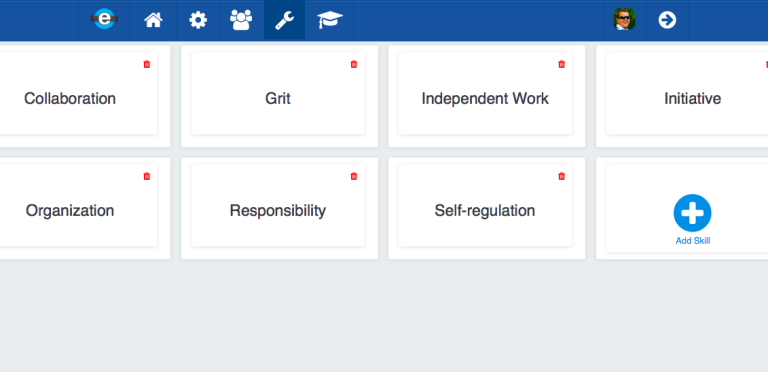
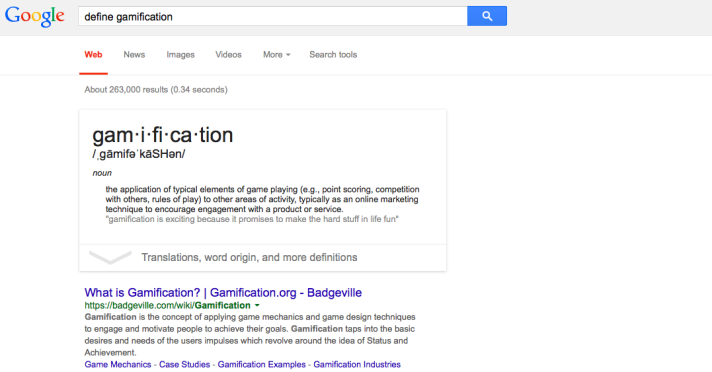
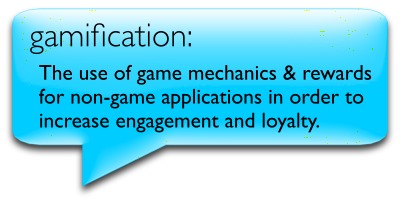
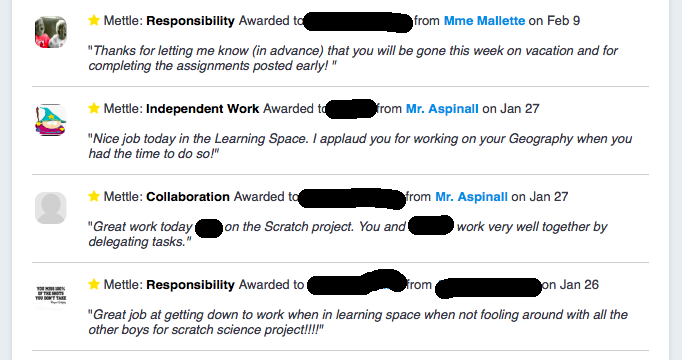
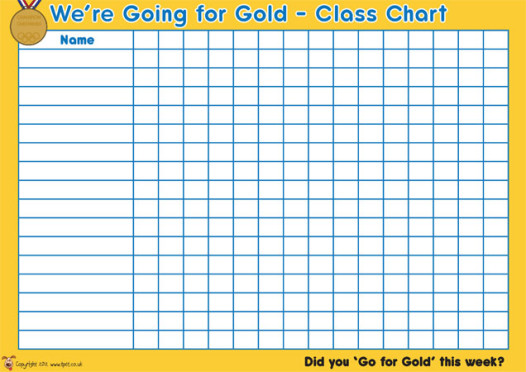
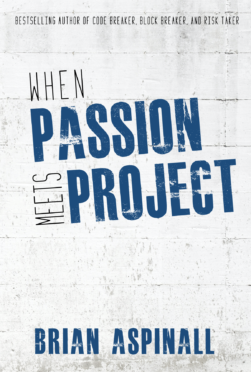 For all the kids who grow up in a small town and think they don’t stand a chance. You do. I was once that kid.
For all the kids who grow up in a small town and think they don’t stand a chance. You do. I was once that kid.
Thanks for the information on Edmettle. A colleague and I are investigating new ways to approach both gamification and learning skills with our class. As an Ontario Teacher, I love that it already connects to the Growing Success Document. I also love the fact that students can “endorse” each other. I have been using Class Dojo during the past year with Grade 4’s. I changed the categories to reflect the Learning Skills. I do like the fact that Dojo allows me to remove points when a student is failing to meet expectations because the stats at the end of term help me craft Next Steps. I also like that Dojo lets me send out parent broadcasts. Our debate will be if we should use Dojo in conjunction with Edmettle (perhaps starting with Dojo and moving to Edmettle) or if we should just stick with one. Thanks, Marc